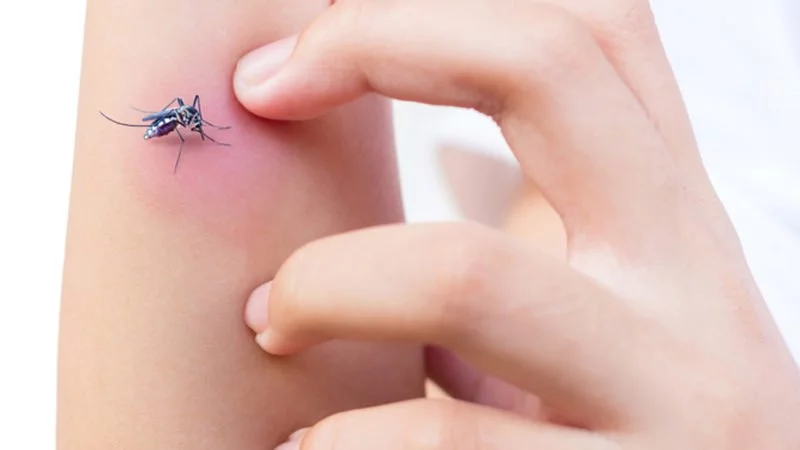Featured June 22, 2019
Short Link:How to Get Rid of Mosquito Bites, According to an Expert
Summer’s a time to soak up the sun—and for the mosquitoes to eat you alive! While you’ll probably remember to pack the bug spray for a trip to the woods, you might not remember it each time you hit up the park this summer.
Ariana News Agency-
But fear not, we asked an expert how to get rid of mosquito bites.
“Applying ice to the area is a good step in decreasing swelling, redness and discomfort,” says Larry Lutwick, MD, an infectious disease specialist at Mayo Clinic Health System in Eau Claire, Wisconsin. He suggests taking a non-sedation antihistamine such as cetirizine (Zyrtec).
You might also want to consider coating your bites with a topical diphenhydramine or corticosteroid, he adds.
How long should a mosquito bite last? “The resolution of the reaction tends to be over several days,” Dr. Lutwick says. Can you get rid of them overnight? Probably not. “In mild reactions, perhaps—but not likely,” he says.
Although there are protective measures you can take, you should probably come to terms with the fact that it’s not likely you’ll avoid the nuisances altogether. “It is almost impossible to avoid mosquito exposures,” Dr. Lutwick says.
To minimize exposure, “avoid bright-colored clothing and strong perfumes and try to wear clothing that covers as much skin as possible,” Dr. Lutwick says. He adds that this might be a little uncomfortable at the height of summer. If you end up wearing shorts more than pants, consider using bug spray that contains DEET.
You also need to be aware of your surroundings. “Try to avoid standing near calm, shaded areas or areas of standing water, and if you have flower pots or other containers outside with standing water, drain them,” Dr. Lutwick says. He also recommends unclogging roof gutters and emptying wading pools once a week at the least. And if you have birdbaths, consistently change the water in them.
If you do end up covered in bites after a camping trip, don’t panic. They’ll most likely go away over time. However, bites can become infected with bacteria; a bacterial infection can manifest from one to three days after a bite, Dr. Lutwick says.
“It may be difficult to distinguish the infection from a reaction to the bite, but if fever or chills are present, the area of redness continues to spread, or drainage begins to occur from the site, a health care provider should be consulted.” If a mosquito bite does become infected with bacteria, you might need an antibacterial drug, Dr. Lutwick notes.
West Nile virus is the infection most commonly spread from mosquito bites in the US. It can cause encephalitis, and the elderly are more susceptible to it. Other infections including yellow fever, dengue fever, Chikungunya, and malaria are spread by mosquitos, though usually only outside the continental US.
While it’s true that your chances of being seriously harmed by a mosquito bite are low, you might want to put bug spray on your list of items to take on your hiking adventures this summer.
